Law Students Investigate Climate Migration and Human Rights in Honduras
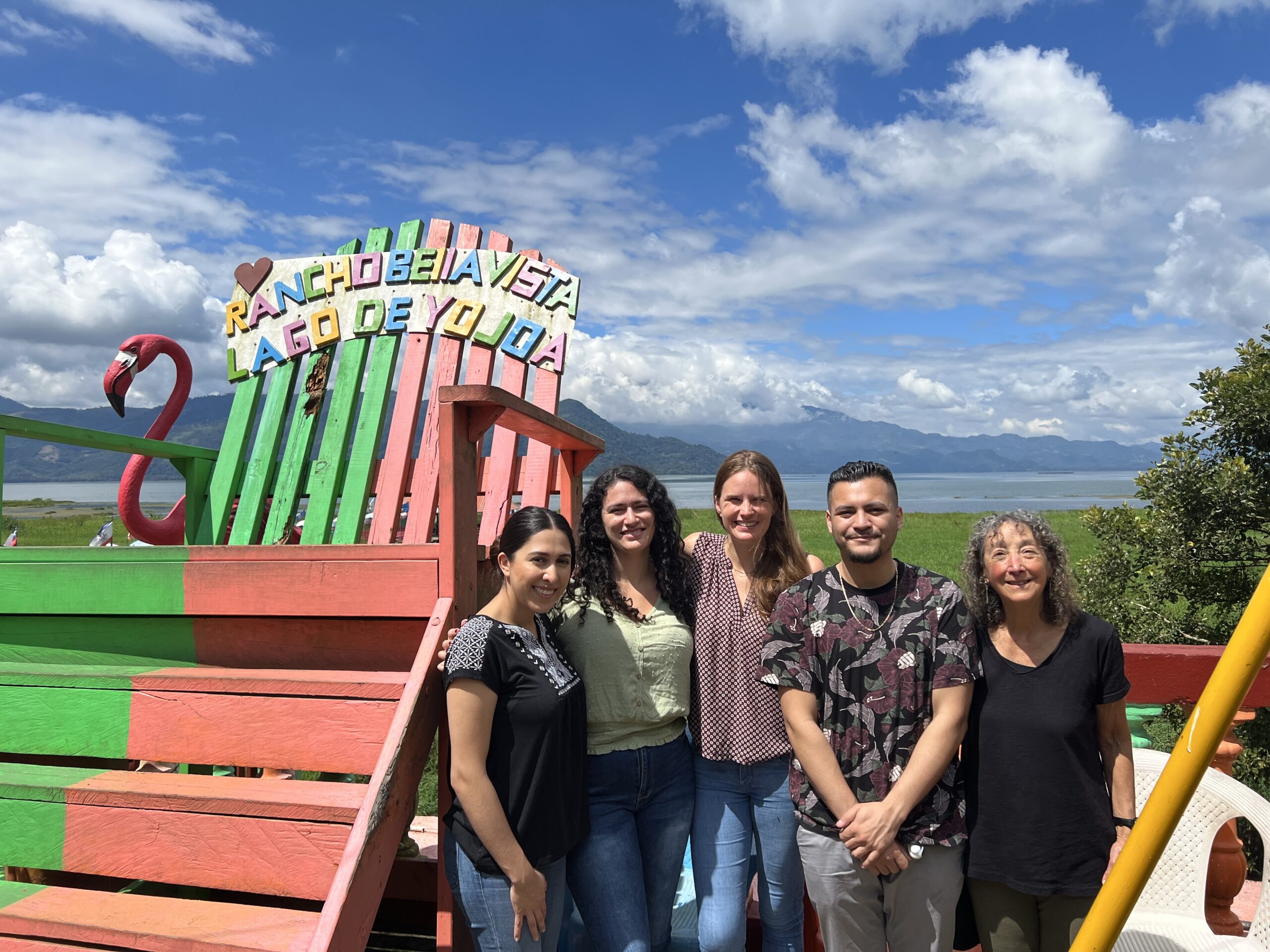
UC Law SF students Adriana Diaz Mireles (left), Ana Sofia Mello (center-left), and Jonathan Escobar Valencia (center-right) joined CGRS Attorney Julie Bourdoiseau (center) and CGRS Director Professor Karen Musalo (right) on a trip to investigate human rights and environmental laws in Honduras in Fall 2022.
UC Law San Francisco students participating in the Refugee and Human Rights Clinic put their knowledge to work in Honduras – where they interviewed experts and gathered information to support asylum seekers and those displaced by climate change.
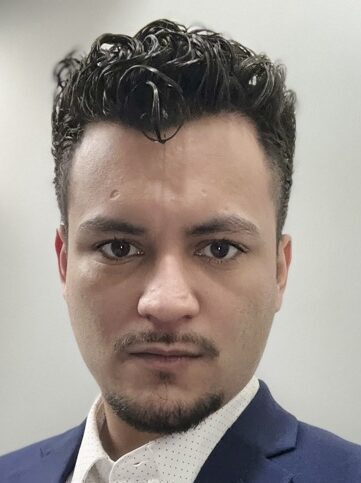
Jonathan Escobar Valencia researched water laws in Honduras.
Adriana Diaz Mireles ‘24, Ana Sofia Mello ‘24, and Jonathan Escobar Valencia ’24 did extensive research, including getting information on environmental laws, the justice system, and human rights in Honduras. Their work will go into reports that aid asylum seekers’ attorneys.
“These reports are key to litigate cases,” said Julie Bourdoiseau ‘21, an attorney with the Center for Gender and Refugee Studies (CGRS) at UC Law SF, who co-led the Honduras trip.
Escobar Valencia researched water laws and said he found strong government control over the resource has benefitted hydropower and mining interests while harming indigenous people. “They give industry a lot of water rights, and people get kicked out of their land and can’t use the water source they’ve been relying on,” he said.
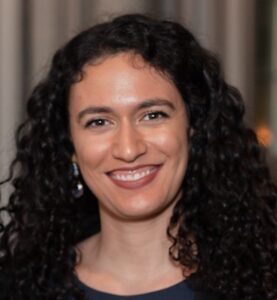
Ana Sofia Mello interviewed human rights advocates in Honduras.
Mello explored the Honduran judicial system, environmental laws, and women’s rights. She spoke to advocates who faced threats of violence and criminal prosecution. “There’s a whole system for criminalizing human rights defenders, which is one of the most nefarious things I learned on the trip,” she said.
Diaz Mireles investigated the Honduran political system, property laws, mining laws, and children’s rights. “I learned that there are entire communities affected by environmental degradation, which causes the violation of their basic human rights,” she said. “Oftentimes, these affected communities are forced to migrate.”
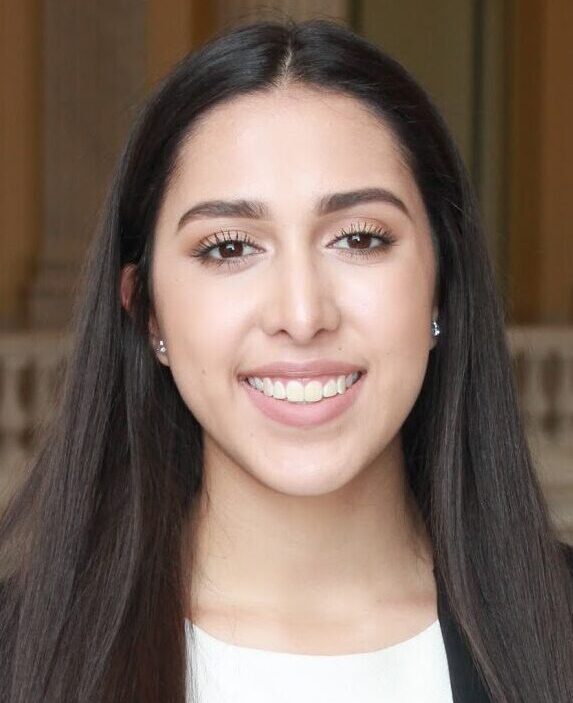
Adriana Diaz Mireles investigated mining laws and children’s rights in Honduras.
The project, which took place last fall, helped create one of the first practice advisories focused on climate migration, providing an important resource for lawyers representing clients from around the world. The students’ work will also specifically support the claims of Honduran asylum seekers, by providing well-documented facts about Honduran laws and conditions and expert testimony. Fleeing environmental ruin brought on by climate change does not by itself qualify someone for asylum protections in the United States. But CGRS Director Professor Karen Musalo, who co-led the Honduras trip, said a deeper investigation can sometimes uncover “environmental violence” directed at migrants.
“Maybe this person’s crop failed because of climate change, but they also fought development that was adverse to them, and they were threatened,” Musalo said. “So this is also political persecution.”
The project was funded in part by a $250,000 climate migration grant awarded to CGRS last year from an anonymous donor through the Silicon Valley Community Foundation. The grant has enabled CGRS to incorporate climate migration into its research, advocacy, and litigation work.
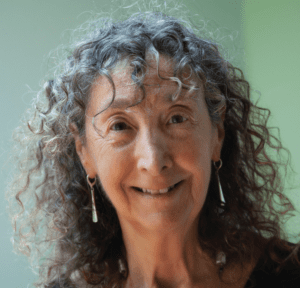
CGRS Director Professor Karen Musalo teaches the Refugee and Human Rights Clinic at UC Law SF.
All three students who took part in the Honduras trip said it reinforced in them a desire to pursue a career in immigration law or to do pro bono work on behalf of asylum seekers in the future.
“We see the Center and the Clinic providing all these opportunities for students to use their legal skills on behalf of other people and really understand the reality on the ground in these countries, and they come back even more committed to doing this work,” Musalo said.